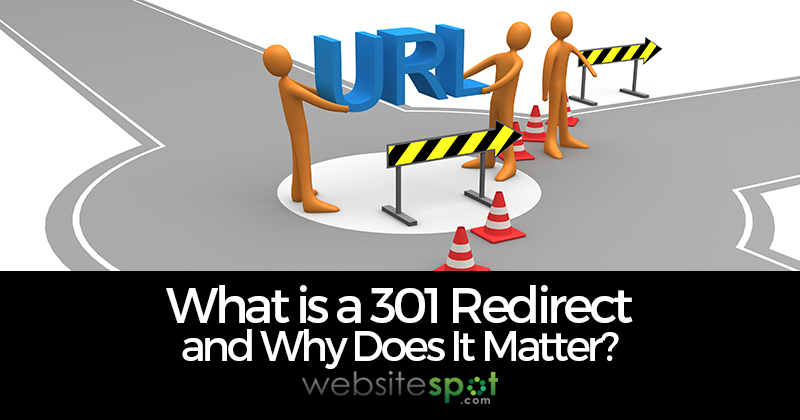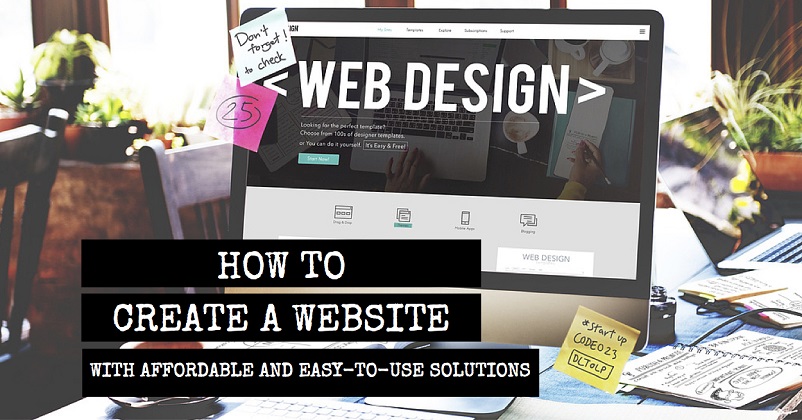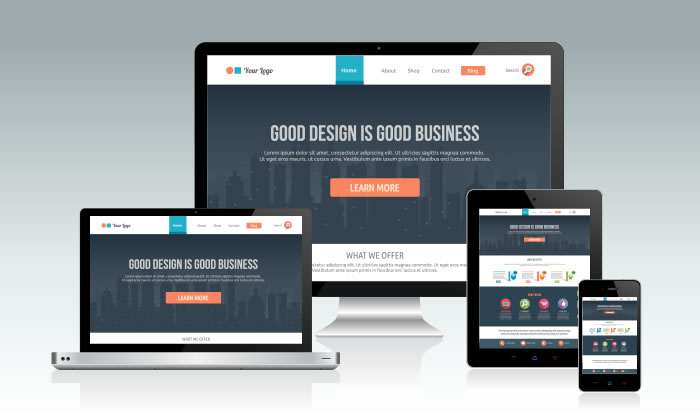The Value of User Experience in Web Design
- David
- December 7th, 2012
Regardless of content, persona, and all the rest, your website will not succeed if you do not have a great design. Think about it. How many times have you actually left a website because it was poorly designed, clunky, or confusing?
This is where user experience comes in.
If I have to fight with your website to find what I want or need, I'm gone (unless I just can't find any other resources out there). Many people will close out a tab even faster than I do, though, and that's the fastest way to destroy your brand identity.
What is User Experience (UX)?
The field of User Experience is a new, but familiar one. The name itself is pretty straightforward. Essentially, it's the study and appreciation of how an individual user experiences a website, program, or product.
It takes into consideration their feelings, perceptions, expectations, confusion, and everything else that might be happening while they manipulate your site.
Really, it becomes the philosophy of your website. What is your message and how do you share it? It's a more esoteric and ambiguous way of utilizing a resource. For our intents and purposes, we'll focus more on User Interface, or the specifics of design and use like color, size, and font.
How does User Experience relate to websites?
This is a huge issue for many websites. As noted above, a poorly designed website can kill your website's success. Many amateur web designers neglect to consider how a user will feel about their site. Instead, it becomes all about the blogger or web designer's wants and needs.
They think that the site will look better with a ton of Flash, rows and rows of tabs, or large ads in these specific areas. It looks good to them, so what's the problem?
Have you ever walked in your customers' shoes?
One of my favorite parts of web development is actually the User Experience portion. Since I'm picky but clever, I often think that my perceptions are pretty close to how even many of the finickiest users might feel. But, I know better than to believe that my perceptions are totally correct. Instead, find a way to look at your website with fresh eyes. Imagine yourself as someone else. Pretend you're someone you know well, but who is very different from you (I like pretending I'm my grandma).

Ask people of all ages to test out your website for usability! (Photo by Ambro)
Would the font be easy-to-read? Would the site show up well for her web browser (yes, we need to think about optimizing our sites for Internet Explorer, Firefox, and Chrome)? Would she know where to click or look for a specific resource?
We can imagine we know how others will navigate our pages, but we'll only know by asking our friends and family to go through the pages for us. Ask them about specifics like font size and color, page layout, ease of use, etc, but then also about the total package. You might love colorful websites, but that could be distracting for some people.
Just because you like it does not mean it is the best design for your users!



